ARTICLE AD BOX
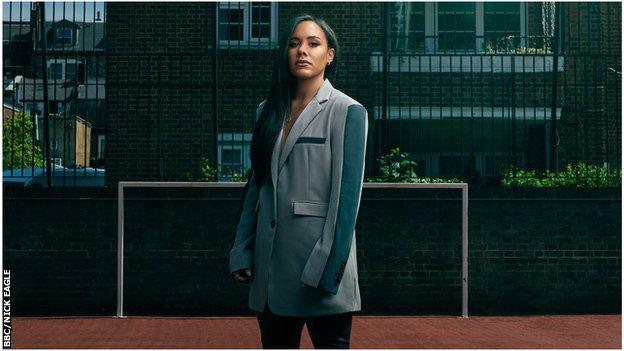 Alex Scott: The Future of Women's Football, airs on BBC One on Saturday
Alex Scott: The Future of Women's Football, airs on BBC One on Saturday| Head to BBC iPlayer to watch Watch Alex Scott: The Future of Women's Football now - or you can watch it on BBC One on Saturday from 22:20 BST |
The growth of women's football has been rapid in recent years, and in a new BBC film, former England player Alex Scott looks at what's next.
In Alex Scott: The Future of Women's Football, the presenter and pundit puts the women's game through a health check - speaking to players, managers, journalists and representatives from the Football Association about the opportunities that have come with television rights and bigger attendances.
At the same time, she asks tough questions about trolling, diversity and support for young mothers, among other things.
Here are four takeaways.
There is still room for growth
The latest TV rights deal for the Women's Super League was struck in 2021, with Sky Sports and the BBC agreeing a deal worth £7m-£8m per season.
That contributed to a "near fourfold" season-on-season increase in viewing hours, according to figures from the Women's Sport Trust.
And there have been some record-breaking attendances around Europe this season.
In April, more than 91,000 fans packed the Nou Camp to watch Barcelona beat Wolfsburg in the Women's Champions League. A week later, more than 21,000 people were at St James' Park to watch Newcastle United beat Alnwick Town 4-0 in the fourth tier of English women's football.
Chelsea manager Emma Hayes - one of the sport's biggest stars - says the women's game can learn from its male counterpart in order to take things further.
"Men's football's had a high level of funding for at least 25 years, so we know it's a product - we know how to sell it worldwide," she says.
"We've always sold our sport so cheaply. That's to get numbers in, but I think we have to reconsider that model."
Players still have to deal with negative perceptions
Though the game has come a long way, those involved still face patronising attitudes - particularly online.
"It's constantly 'who cares?' or 'no-one wants to see, no-one wants to know'," says Manchester United and England midfielder Katie Zelem.
"There are always people who do care and do want to know, and I think it's important the younger girls who are aspiring to follow in our footsteps don't get put off."
Everton and Northern Ireland forward Simone Magill shares a particularly deflating incident, when she scored an incredible volley against Birmingham last year.
"I scored probably one of the best goals I've ever scored and it went a little bit viral," she says.
"I read the comments underneath and everybody was just commenting on the quality of keepers in the women's game - not giving credit to the technique of the goal."
England captain Leah Williamson admits it gets to her when people complain women's football is too prominent.
"If you're a football fan and not a rugby fan, you don't want rugby to not exist - you just think that football's better," she says.
"But if it's women, then it means we need to remove it. I don't particularly like watching fencing, but I don't tweet to say that I don't."
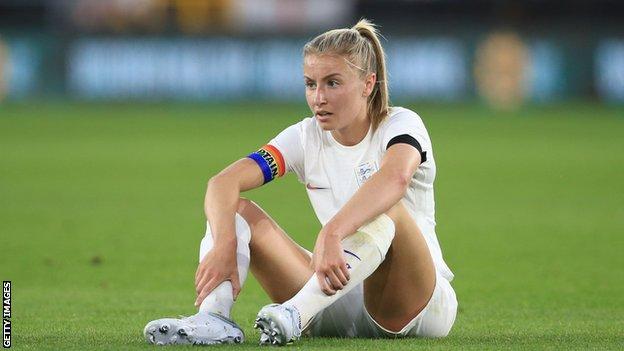 Williamson says she takes criticism of the women's game personally
Williamson says she takes criticism of the women's game personallyDoes women's football have a problem with diversity?
While women's football has grown exponentially in the past few years, the number of black and mixed-race players in an England squad for a major tournament decreased from six in 2007 to two in 2019.
Debra Nelson, who works for Football Beyond Borders - an organisation which uses sport to engage young people, says in the film: "You need to feel like you can see yourself in someone in order for them to be a role model."
Kelly Simmons - the FA's women's football director - believes there may be practical reasons for the decrease.
"I think what's happened is because until recently women's football didn't have a lot of money, it tended to run the centres of excellence at the men's training grounds, potentially somewhere quite leafy and rural," she says. "Not everyone had access to that."
Fern Whelan - a former England international, who works for the Professional Footballers' Association as equality, diversity and inclusion executive - says that chimes with her experience.
"When I was playing, I was one in a team of white girls and had to struggle to get to training," she says. "My coach would pick me up, I'd have to get a bus.
"What we can learn from that is that we need to make the training as accessible as possible."
Kay Cossington - head of women's technical at the FA - told She Kicks magazine in 2020 that closing down centres of excellence had an impact.
"We had 52 centres of excellence," she says. "That was too many for the depth of talent at the time. We reduced the centres to 30 to concentrate the talent. But in solving one problem we created another: fewer centres meant they were less accessible."
The English Football League (EFL) is working with the FA to address that and other issues through a Talent Inclusion Programme.
Are young mothers getting enough support in football?
Among the other issues the film explores is whether there is enough support for players who want to have children.
"I know so many players over the years who put off having a family, simply because there was not the support in place to take time off from their clubs to have children," says Scott.
"There was also this unspoken fear that if you did start a family, you would lose your career."
 United States international Alex Morgan is one of the most high-profile stars to play in the WSL after becoming a mum
United States international Alex Morgan is one of the most high-profile stars to play in the WSL after becoming a mumEarlier this year, contract changes meant female professional footballers in England could benefit from maternity and long-term sickness cover for the first time.
That provision had previously been left to the discretion of individual clubs.
Some in the film question why the change didn't happen earlier.
Simmonds cites the fact the WSL is still in its infancy.
"The game's only been professional since 2018," she says. "There's a range of investments to make. We wanted to do it properly and consult properly with the clubs."
Reading defender Emma Mitchell, who recently became a mum, says there are still areas that could be addressed to make life easier.
"There should be stuff in place that I don't have to ask for - like, if I'm breastfeeding, how do I get to games? I can't have a car seat on the coach. There's nothing in the policy to say that."
Hayes says the issue "shouldn't be taboo" and that the game is "still learning".
"A woman has a right to have a baby and if she chooses to do it during her managerial career or her playing career, we need to best support that," she says.
"It's really important to talk about things like pelvic floor specialists in women's teams, or menstrual cycle experts, or gynaecologists."
Watch Alex Scott: The Future of Women's Football on BBC iPlayer here. On BBC One on Saturday 2 July at 10:20pm.

- Ancient Egypt's ultimate 'yummy mummy': She reigned for over 20 years but why did history try to erase her?
- Boost your memory and heart health: Find out how a nap could slash your risk of heart attack by half


 2 years ago
31
2 years ago
31
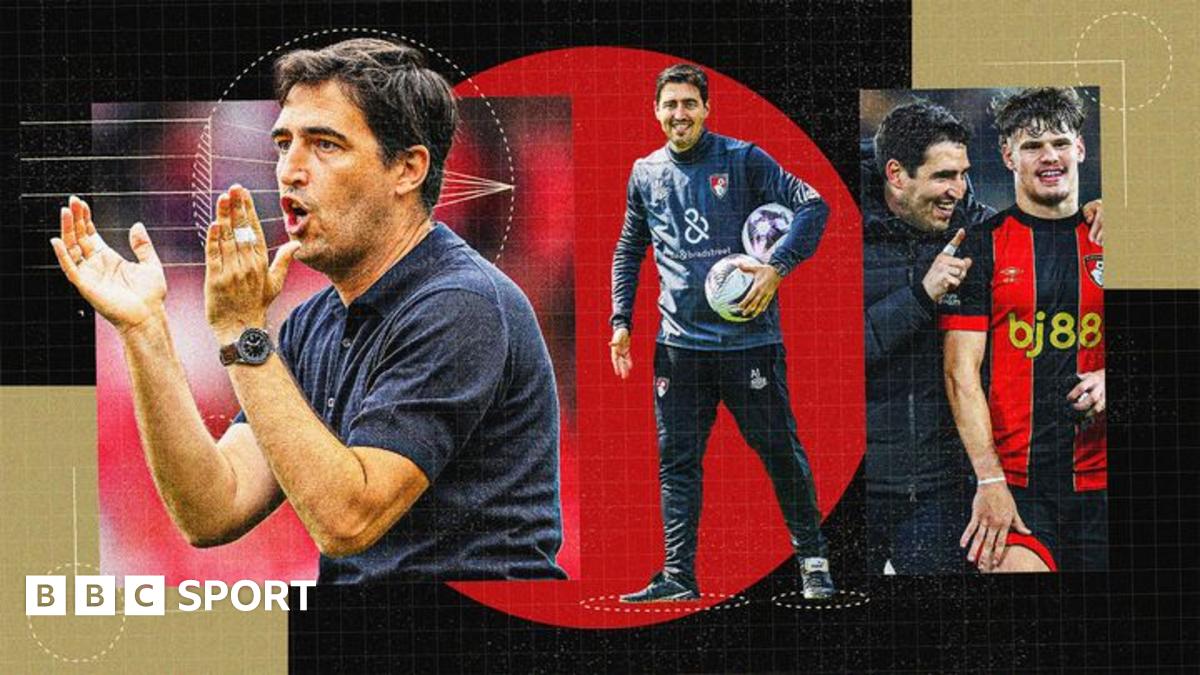
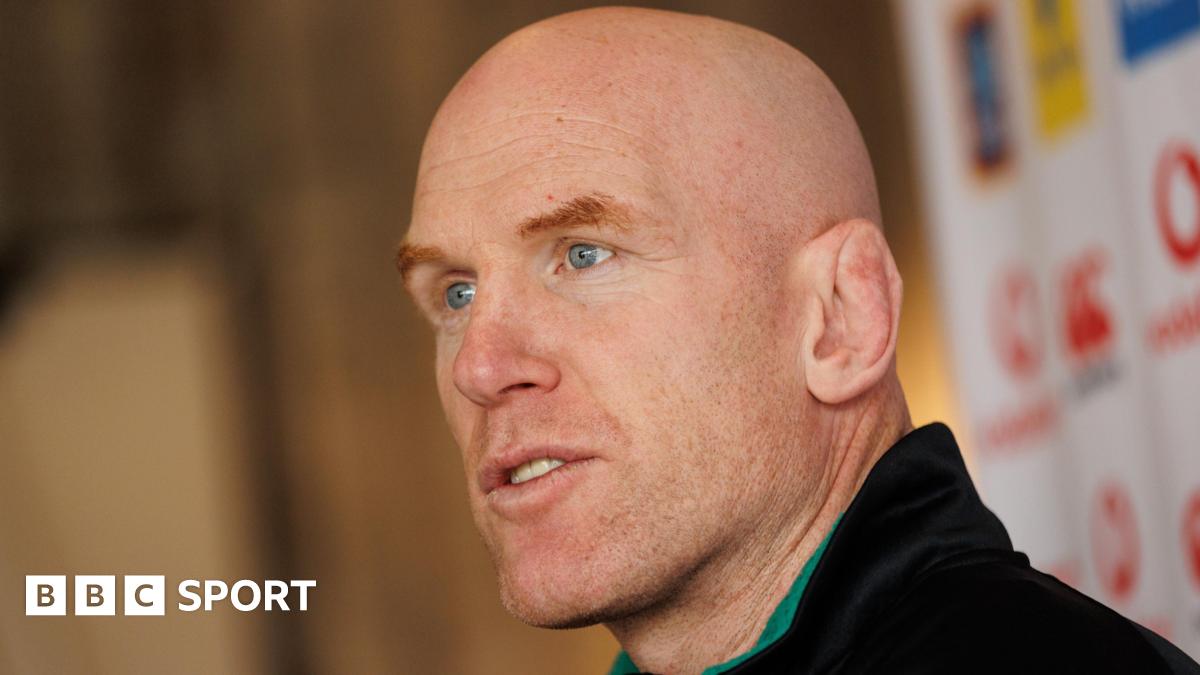
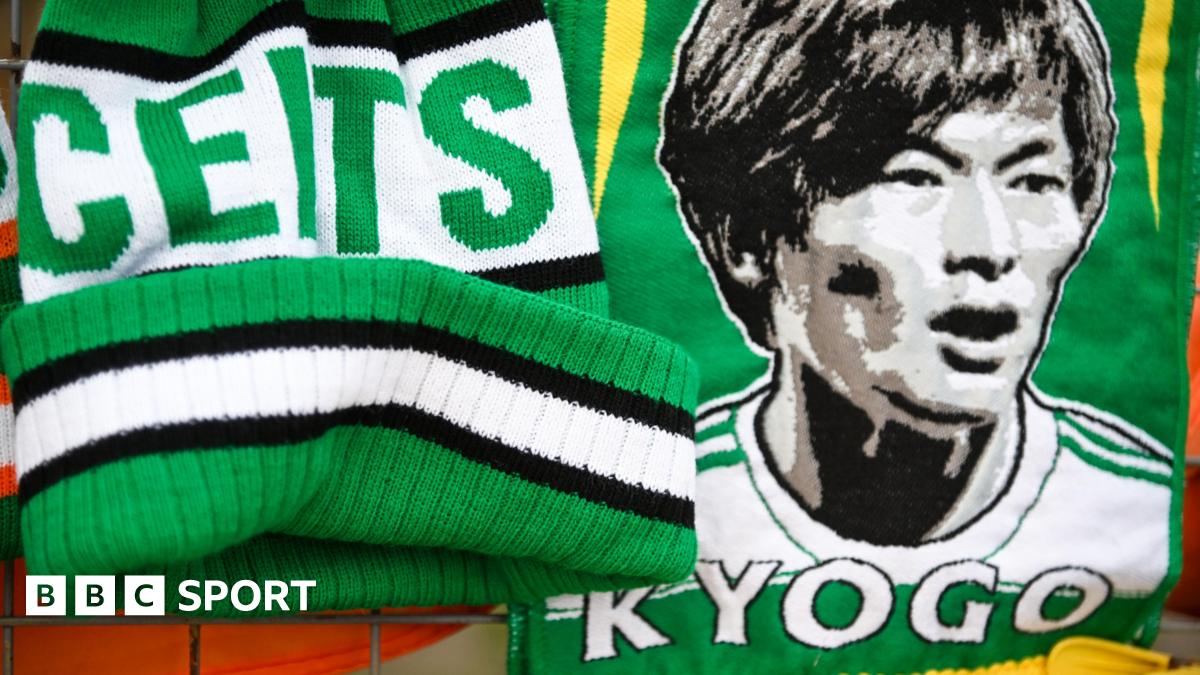





 English (US) ·
English (US) ·